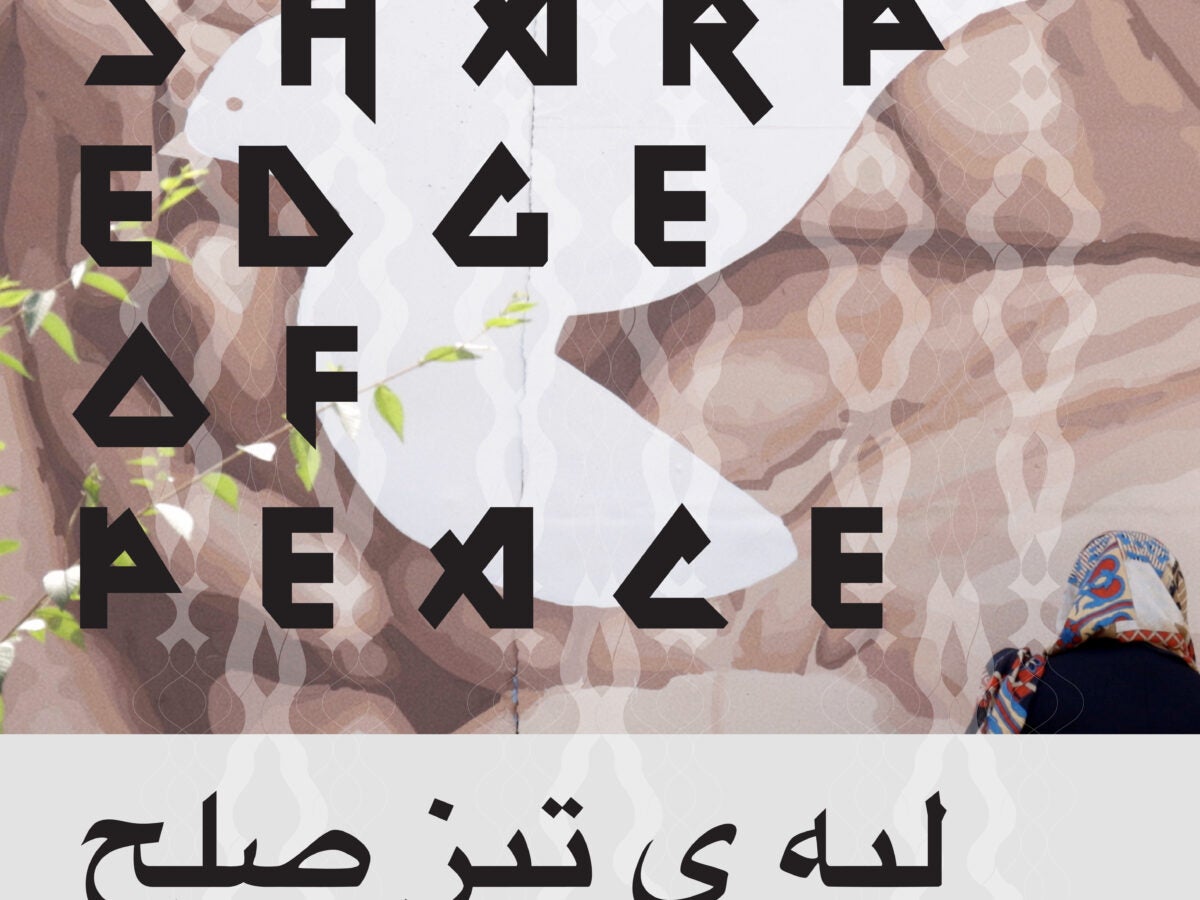Upholding the Rights of Afghan Women and Girls
Event Details
March 14, 2025
Event Overview
As we mark the 30th anniversary of the Beijing Declaration and Platform for Action, the plight of Afghan women and girls stands as a stark reminder of our collective struggle for gender equality. For over three years, the Taliban’s systematic repression has stripped Afghan women and girls of their fundamental rights, including the right to education, barring them from secondary and higher education. This has not only stifled their individual potential but has also jeopardized Afghanistan’s long-term peace, security, and development.
The deliberate exclusion of women and girls from education and public life is a grave threat to Afghanistan’s stability, undermining efforts to rebuild the nation. Climate change has intensified these challenges, particularly for women-headed households facing food insecurity, malnutrition, and displacement due to worsening droughts and extreme weather events. Without urgent intervention, generations of Afghan women and girls risk being permanently erased from society, with devastating consequences for the country’s future.
This high-level side event will emphasize the importance of women’s participation in fostering stability, peace, and security in Afghanistan. Through a panel featuring Afghan women leaders, policymakers, and peace and security experts, the discussion will highlight the severe impact of the systematic exclusion of women on their lives and in generations of young Afghan girls and boys.
The event is co-hosted by the Permanent Mission of the Islamic Republic of Afghanistan to the United Nations, the Permanent Mission of the Republic of Albania to the United Nations, the Permanent Mission of Italy to the United Nations, the Permanent Mission of Denmark to the United Nations, the Permanent Mission of Malta to the United Nations, the Afghanistan Policy Lab at the Princeton School of Public and International Affairs, Women in International Security (WIIS) Italy, the Georgetown Institute for Women, Peace and Security (GIWPS), Harvard College Women’s Center, and the Organization for Security and Co-operation in Europe (OSCE).

More Upcoming Events

Where Does Iran Go From Here? Tracing the Past and Future of Resistance…

Where Does Iran Go From Here? Tracing the Past and Future of Resistance…
